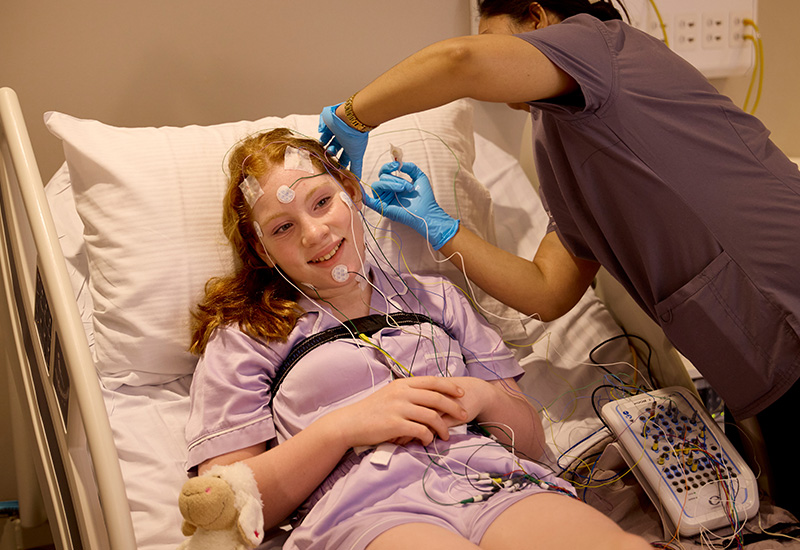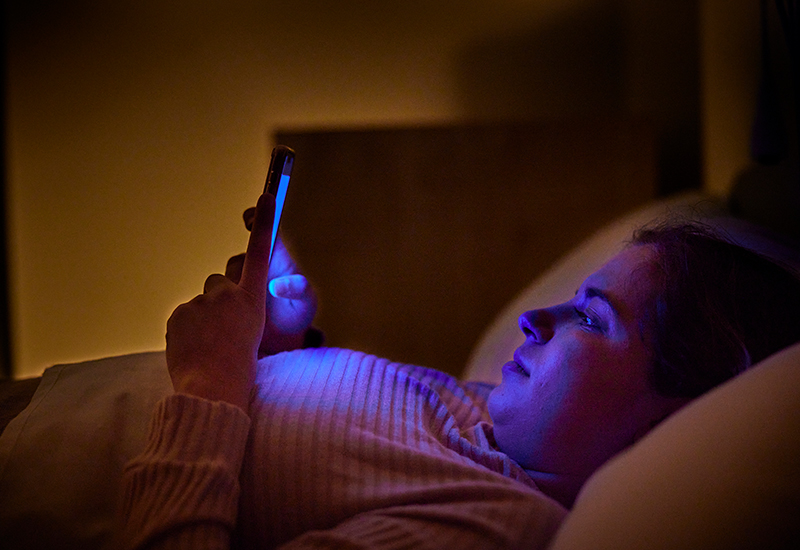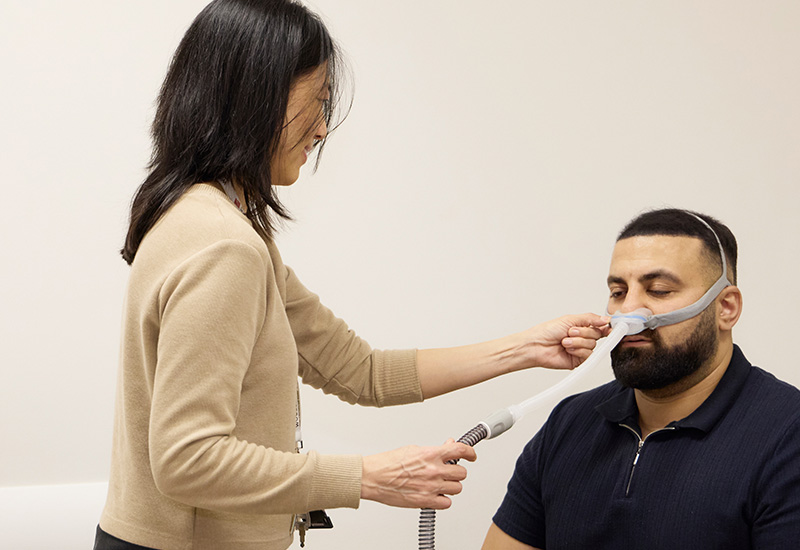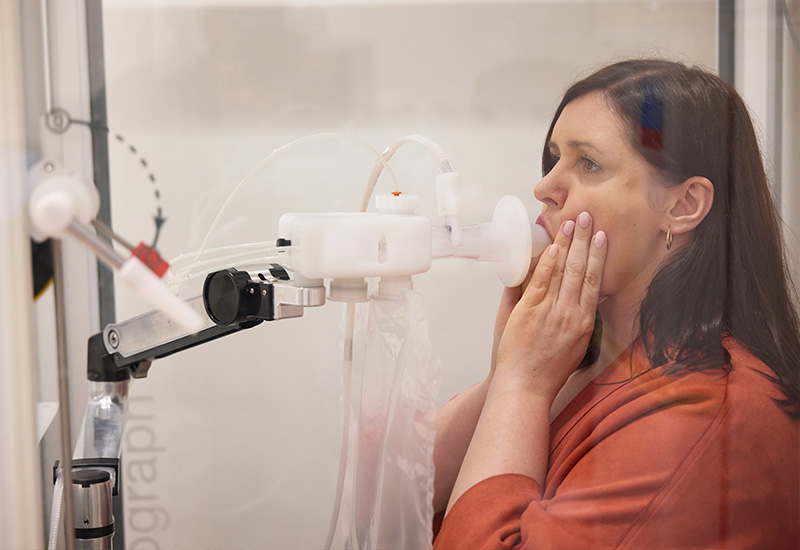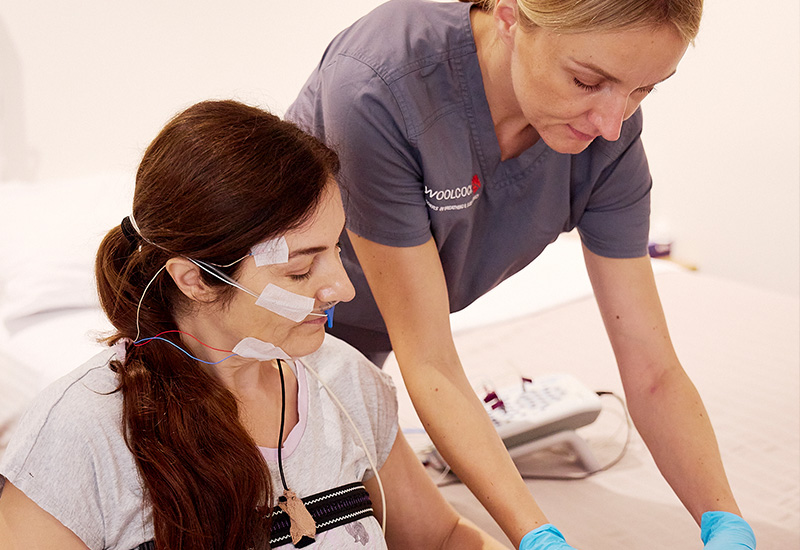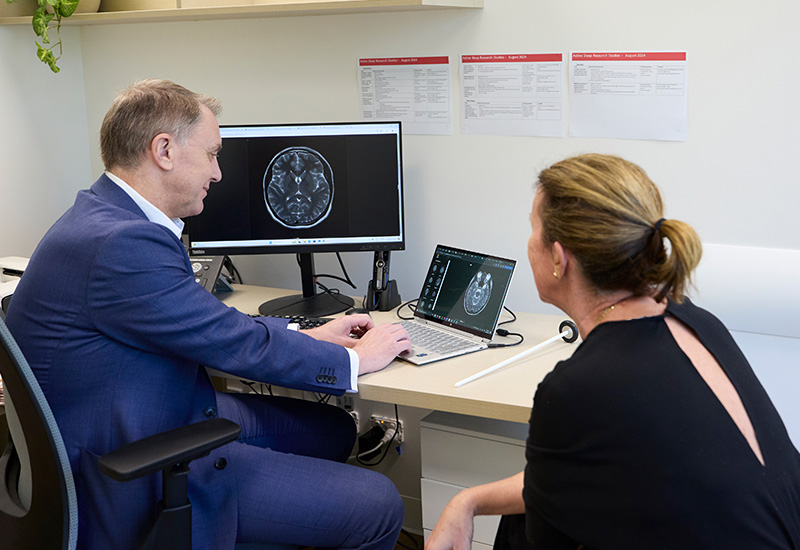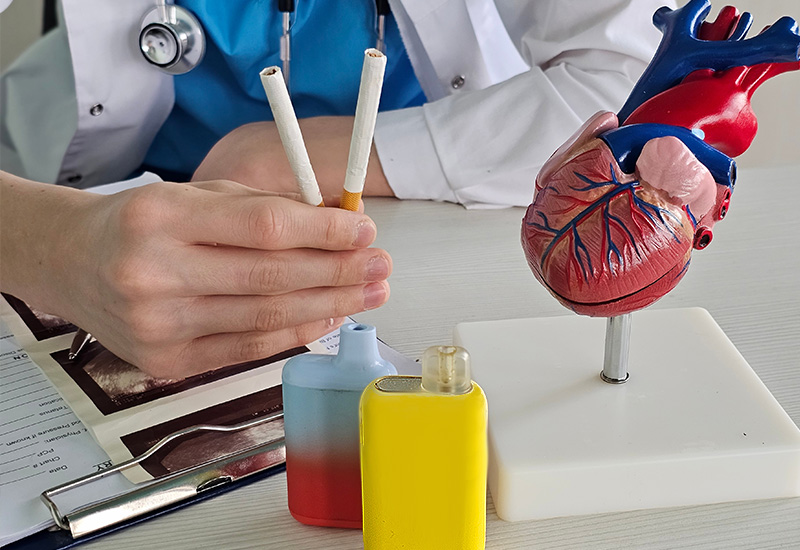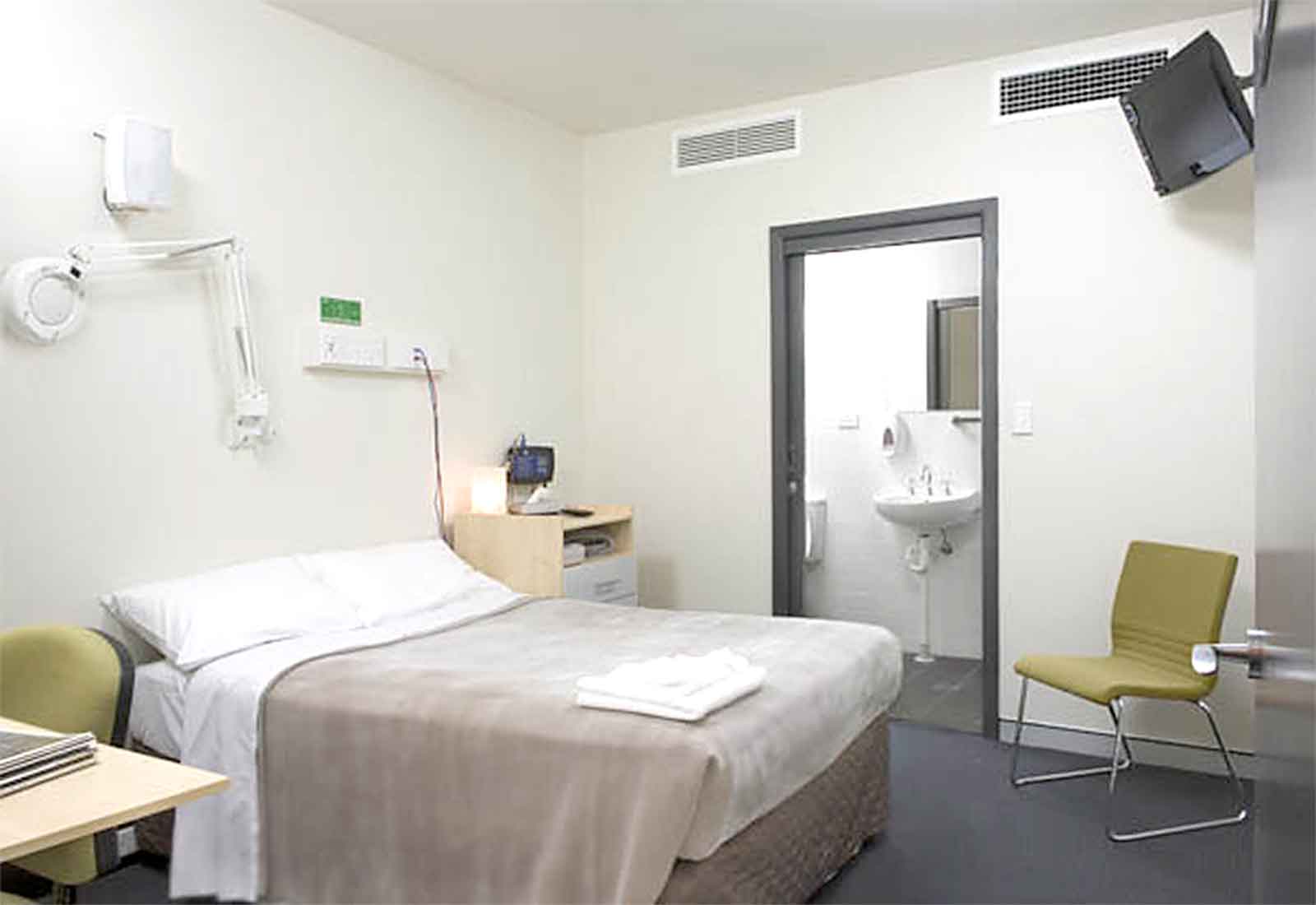Narcolepsy Clinic
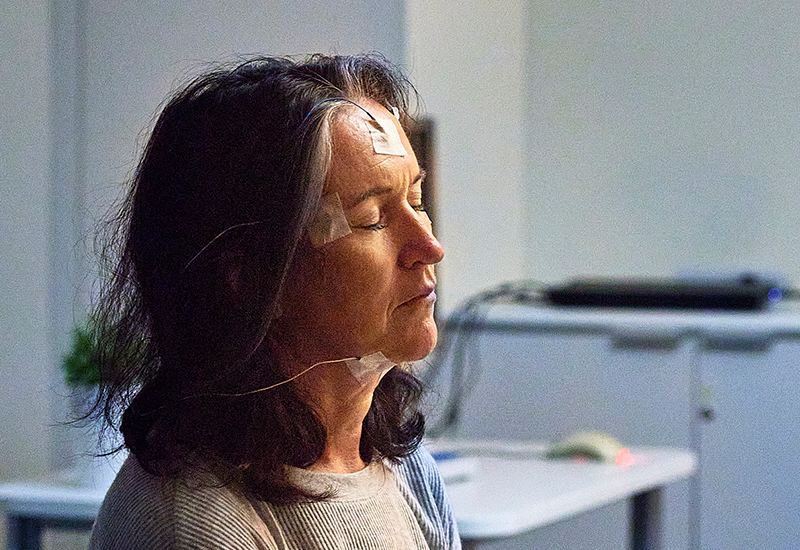
Narcolepsy Clinic
Do you have narcolepsy, or suspect you may have this condition or a similar disorder?
Visit the Woolcock’s dedicated Narcolepsy & Excessive Sleepiness Clinic to be diagnosed and treated by world-leading sleep specialists.
Our clinicians are at the forefront of international narcolepsy research, ensuring our patients get access to the very latest approaches in care.
What is Narcolepsy?
Narcolepsy is a chronic condition characterised by excessive daytime sleepiness and uncontrollable bouts of sleep. It is caused by an inability of the central nervous system to appropriately regulate wakefulness and sleep. As a result, there is intrusion of REM sleep (dreaming sleep) into wakefulness as well as often severe insomnia.
It affects roughly 1 in 2000 to 3000 people and targets men and women equally. The condition is usually diagnosed between the ages of 20 and 30.
Narcolepsy and Cataplexy
Approximately 60-70% of patients with narcolepsy also suffer from cataplexy. Cataplexy is a sudden loss of muscle function while conscious. You may have a total collapse or just weakness in the knees (buckling) or face muscles (jaw dropping). Cataplexy is triggered by sudden emotions such as laughter, anger or fear, and may last from a few seconds to a few minutes. Some people with narcolepsy also report hallucinations.
The Cause
Little is known about the mechanisms that underpin this disorder, but it has been discovered that patients with narcolepsy and cataplexy have low or undetectable levels of a particular neurotransmitter, Orexin A, in the fluid surrounding the brain.
Other causes of severe sleepiness
Some people do not have narcolepsy but are sleepy no matter how much sleep they appear to get. This may be due to co-existing sleep apnea but can also be due to less common disorders of excessive sleepiness such as primary hypersomnia. Our clinic specialises in diagnosing and treating this condition as well.
The Treatment
There is no cure for narcolepsy but some of the symptoms may be controlled with medication. Stimulants or wakefulness promoters are prescribed to help with sleepiness. These drugs are controlled drugs and are best taken under the advice by your sleep specialist. Other medications may also be used to control cataplexy. Many patients do very well when using medication, improving their symptoms and quality of life. You will also feel more alert if you can build in power naps across the day.
How We Can Help
The Woolcock Narcolepsy and Excessive Sleepiness Clinic offers a range of services including:
- Early diagnosis with an overnight sleep test called Polysomnography followed by a daytime sleep test called Multiple Sleep Latency Test (MSLT)
- Assessment to ensure a patient is matched to the treatment option best suited to their needs
- Regular reviews to monitor effectiveness of treatment pathway
- Access to specialists working across multiple disciplines, to ensure every aspect of your health and wellbeing are supported throughout your treatment journey
- Access to cutting-edge research including clinical trials when available
- Advice on driving and occupational health issues
- Research into new treatments
- Support to improve sleep at night
Do You Have Narcolepsy OR ANOTHER DISORDER OF EXCESSIVE SLEEPINESS?
Have you been struggling with unexplained sleepiness and do you have the urge to sleep throughout the day? If so, talk to your doctor or contact the Woolcock Narcolepsy and Excessive Sleepiness Clinic.
Find out more
- Our experts: Professor Ron Grunstein, Dr Sheila Sivam
- Download our Narcolepsy patient information resource
- Sleep Services at the Woolcock Clinic
Book an appointment
For all appointments, please complete the request form below. If you have any questions, you can call us on 02 9805 3000.
Please arrange for a referral from your doctor. To download a referral form, click here.
Please note that the Woolcock Clinic is a fee-charging clinic.

